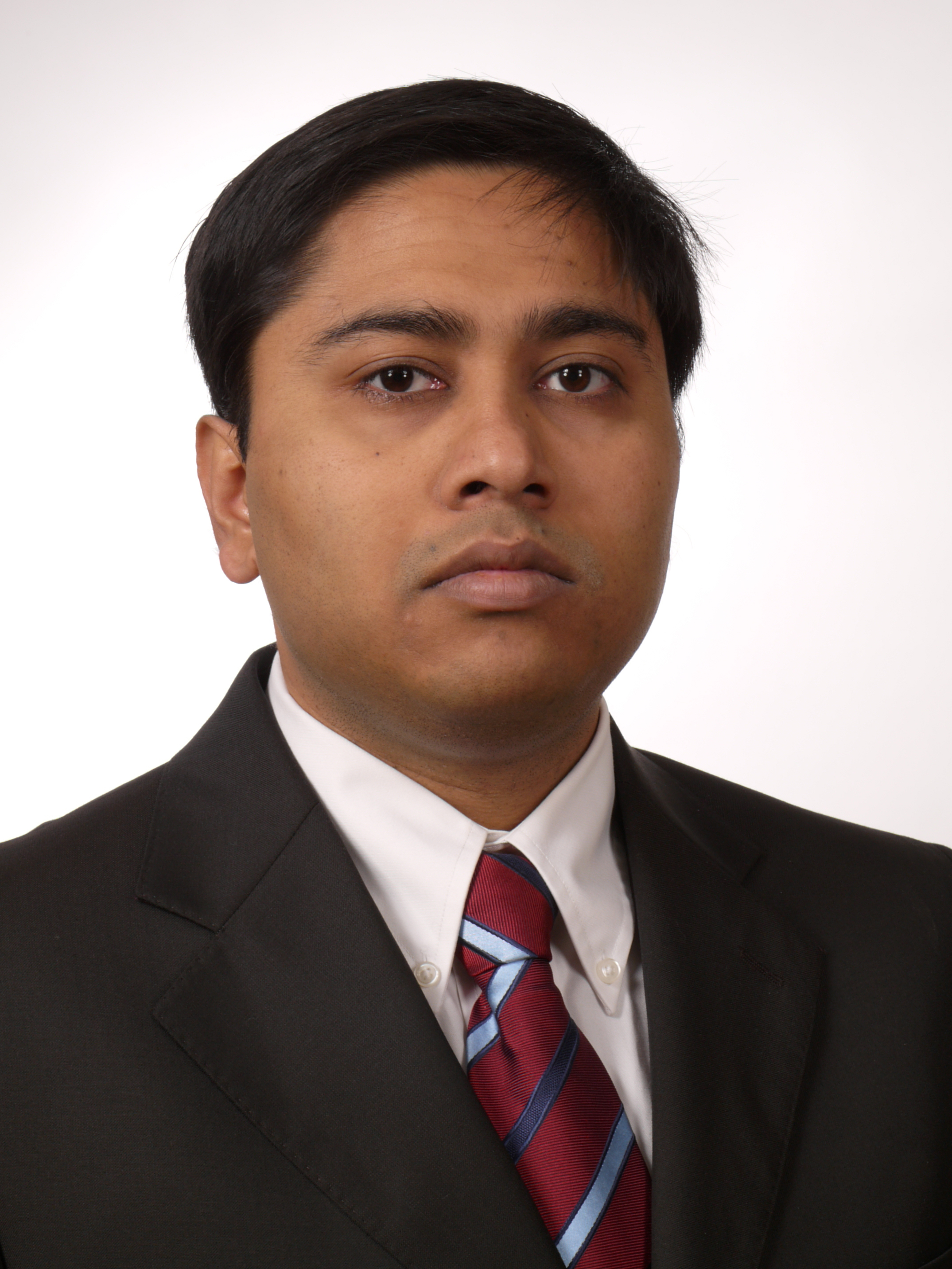Santanu Dey, assistant professor in the H. Milton Stewart School of Industrial and Systems Engineering, has received the prestigious National Science Foundation (NSF) CAREER Award for his work on non-traditional cutting-plane algorithms for mixed-integer programs.
The NSF offers this award as part of the Faculty Early Career Development (CAREER) Program in support of junior faculty who exemplify the role of teacher-scholars through outstanding research, excellent education, and the integration of education and research within the context of the mission of their organizations.
Dey received this award for his research to improve the current generation of mixed-integer programming (MIP) solvers by devising new general-purpose cutting-plane methods. A great deal of useful information that could be used in deriving and selecting cutting-planes is often left unused by state-of-the-art MIP techniques. This project investigates some of the following non-traditional paradigms for incorporating more information into cutting planes: (i) Use information from multiple constraints simultaneously to derive cutting planes, instead of using a single implied constraint. (ii) Design suitable cutting planes and then verify their validity before use, instead of deriving cutting planes without any control over their quality. (iii) Incorporate information from explicit enumeration of integer points to guide the choice of cutting planes and improve their strength. Since many mathematical challenges need to be overcome in order to tap the potential of these non-traditional paradigms, results from this project could significantly enhance the mathematical toolkit used by integer programmers for the generation and analysis of cutting planes.
Dey suggested this project will not only make theoretical advances in mathematical programming, but also lead to significant improvements in the performance of MIP solvers, leading to huge gains in a broad spectrum of applications of MIPs. A key educational objective is to develop an operations research puzzle competition to foster and enrich an environment for undergraduate research. He would also like to design a new graduate course with the aim of disseminating research results directly to future practitioners and to bring students from different engineering communities together, thus providing opportunities for new research directions and collaborations.
